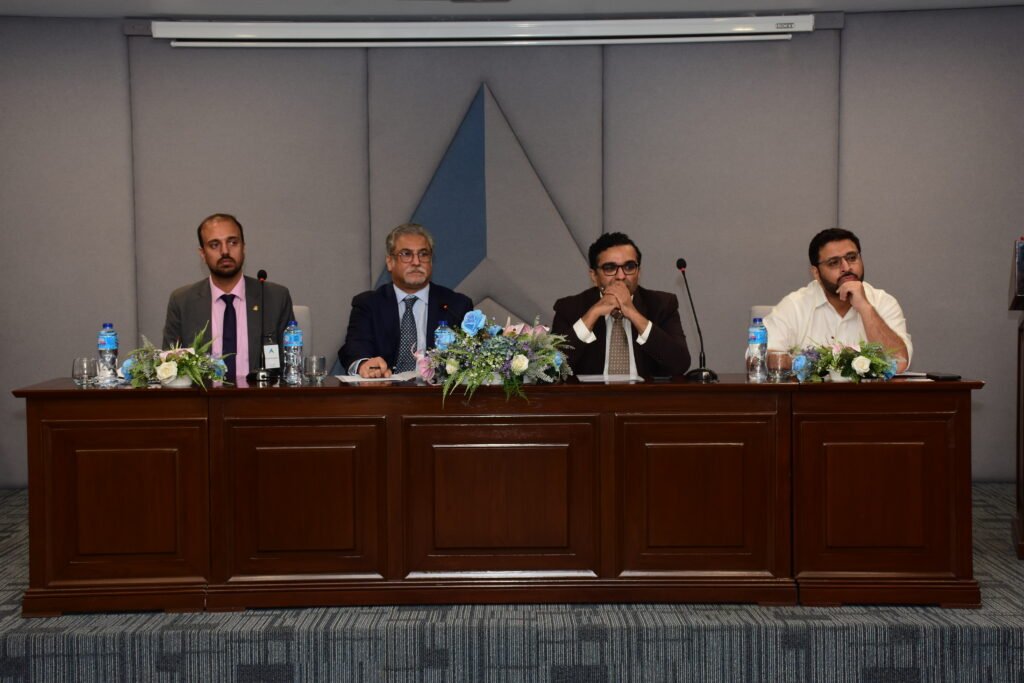
Seminar
Inter-Generational Societal Transformation and Pakistan’s Resilience
Pakistan’s history attests to the resilience of its society and state. This strength, rooted in shared values, historical unity, and an indomitable spirit, has kept the nation afloat. However, in the 21st century, this resilience faces a new challenge: the generational divide between Baby Boomers (Digital Immigrants) and Generation Z (Digital Natives).
The generational divide manifests in differing worldviews. Baby Boomers, shaped by the Cold War era, prioritise traditional issues such as foreign policy and national security. In contrast, Generation Z’s perspective, shaped by globalisation and the information age, focuses on navigating a dynamic world with evolving global partnerships and economic priorities.
Social media, a hallmark of the postmodern age, deepens this divide. The relentless flow of information creates echo chambers, fracturing shared narratives and amplifying differences. Misinformation and “fake news” on national security issues further complicate matters. As Generation Z becomes more prominent, their priorities often clash with those of Baby Boomers, leading to “mismatched pluralities” where many feel unheard and disengaged. This discord hinders Pakistan’s ability to address critical issues such as national development, political stability, and social progress.
However, there is hope. Building social resilience is crucial for Pakistan’s future. Generation Z’s youthful energy and digital fluency, combined with the wisdom and experience of the Boomer generation, hold immense potential. To bridge the gap, a “New Narrative for Resilience” needs to be fostered, leveraging the lived experiences of Boomers alongside the fresh perspectives of Generation Z. By harnessing the collective potential of its people, Pakistan can navigate 21st-century challenges. Intergenerational dialogue, understanding, and collaboration between generations are key to building a more resilient future.
Recognising Pakistan’s evolving social landscape and the challenges to national resilience, the Centre for Aerospace & Security Studies (CASS), Lahore, hosted a seminar titled “Inter-Generational Societal Transformation & Pakistan’s Resilience”. The seminar aimed to bridge the generational gap and foster a collaborative approach to building a more resilient future for Pakistan.
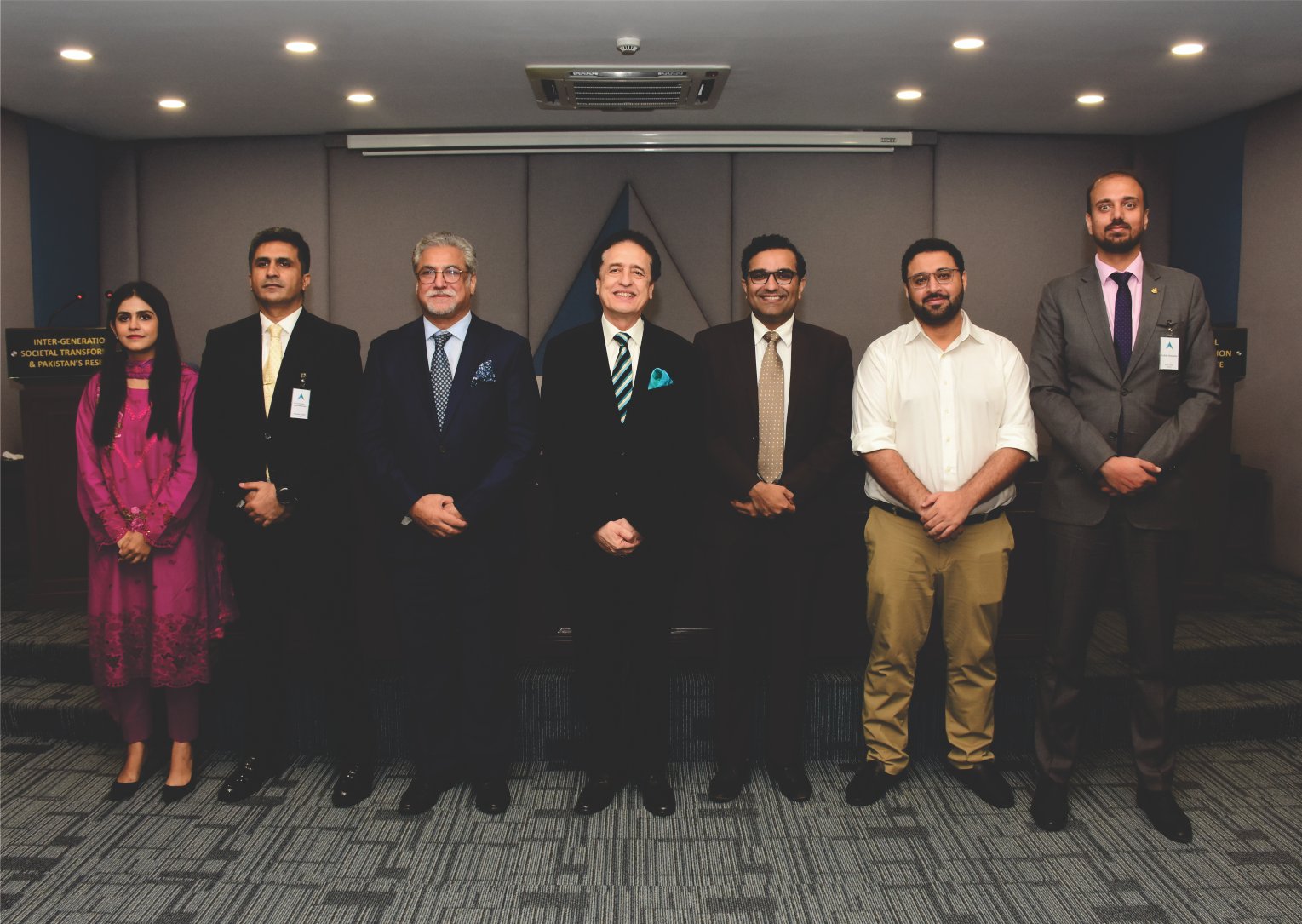
Key Takeaways
The generational divide in Pakistan poses a significant challenge, with Gen Z navigating the tension between traditional values and modern global influences. While digitalisation offers new opportunities, it also fuels misinformation and erodes community engagement. Gen Z is increasingly disillusioned with political and economic instability, leading to a sense of disconnection and contributing to the brain drain. To foster resilience, it’s essential to address historical truths, align economic priorities, and bridge the gap between generations for a more cohesive future.
Policy Considerations
To bridge the generational divide in Pakistan, fostering inter-generational dialogue and community building is crucial, alongside prioritising character development in education. Enhancing digital literacy and leveraging Gen Z’s digital skills will help counter misinformation and address cybersecurity challenges. A balanced approach that respects both generations’ perspectives and adapts educational frameworks to local contexts can foster a more cohesive and progressive society.
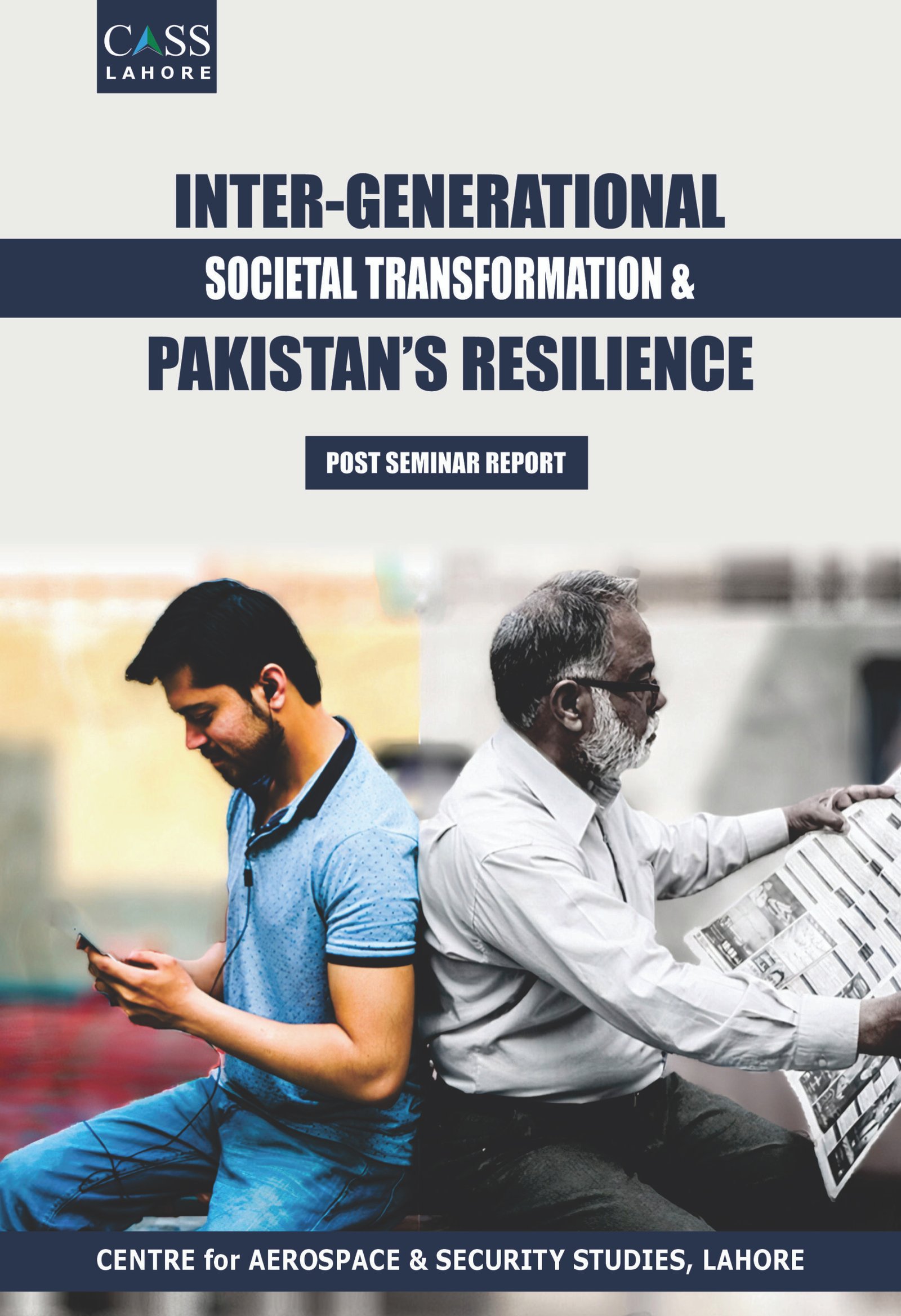
Post Event Report
A comprehensive overview featuring key insights, expert discussions, and strategic takeaways from the event.
Explore speaker highlights, recommendations, media coverage, and event photographs.
Guest Speakers
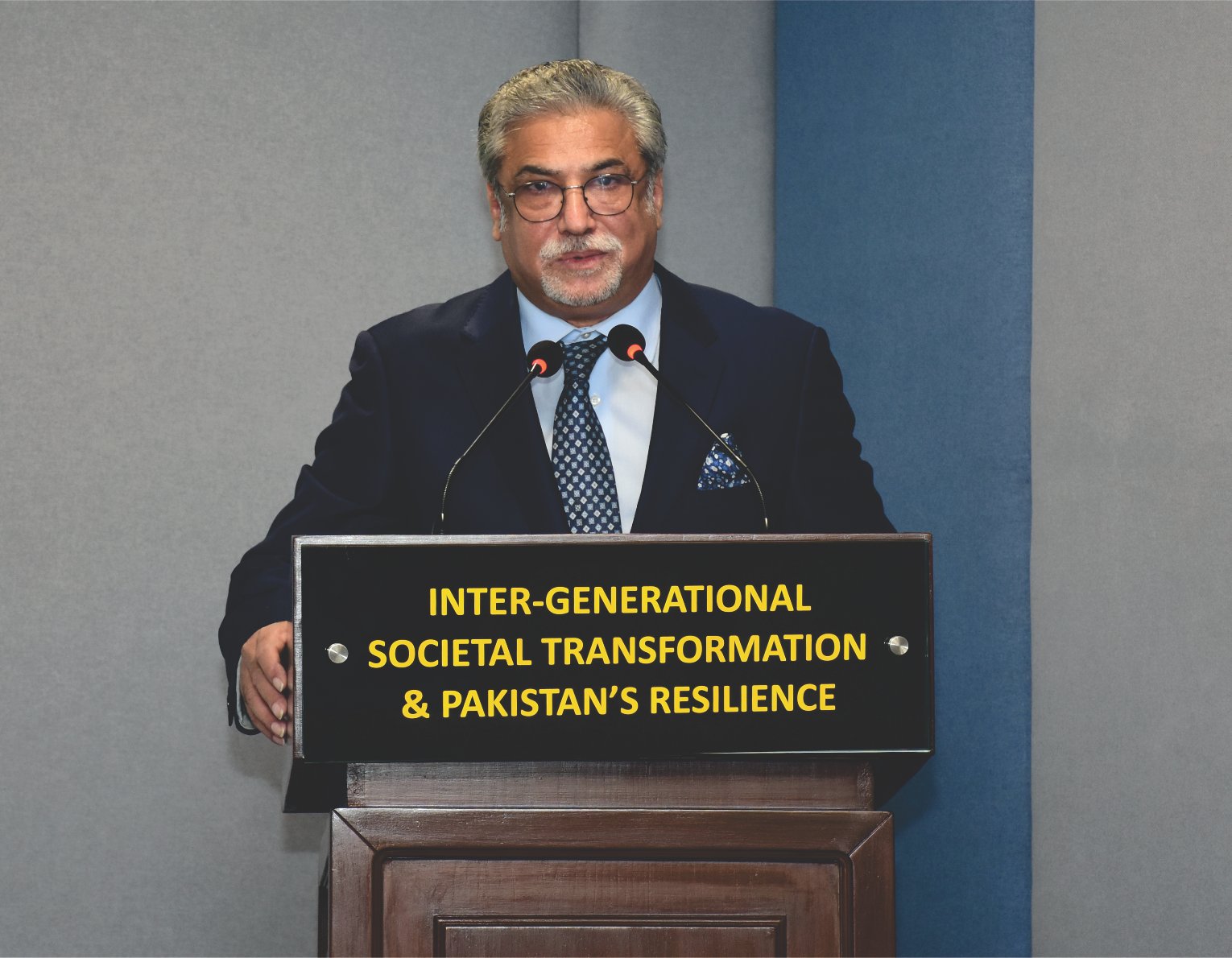
Mian Imran Masood
Former Minster Education, Punjab/ Vice Chancellor University of South Asia
Mr Oves Anwar
Director, Research Society of International Law
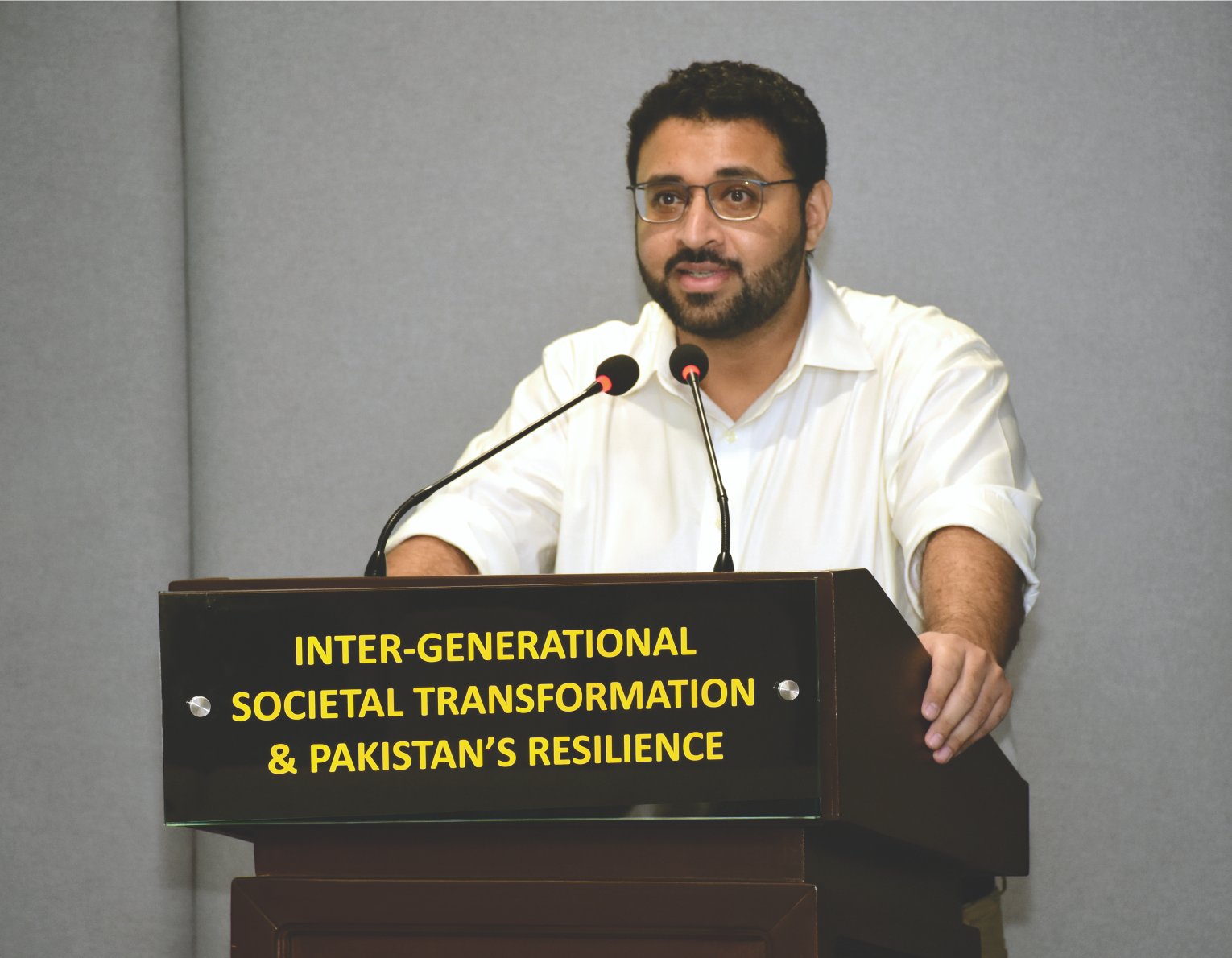
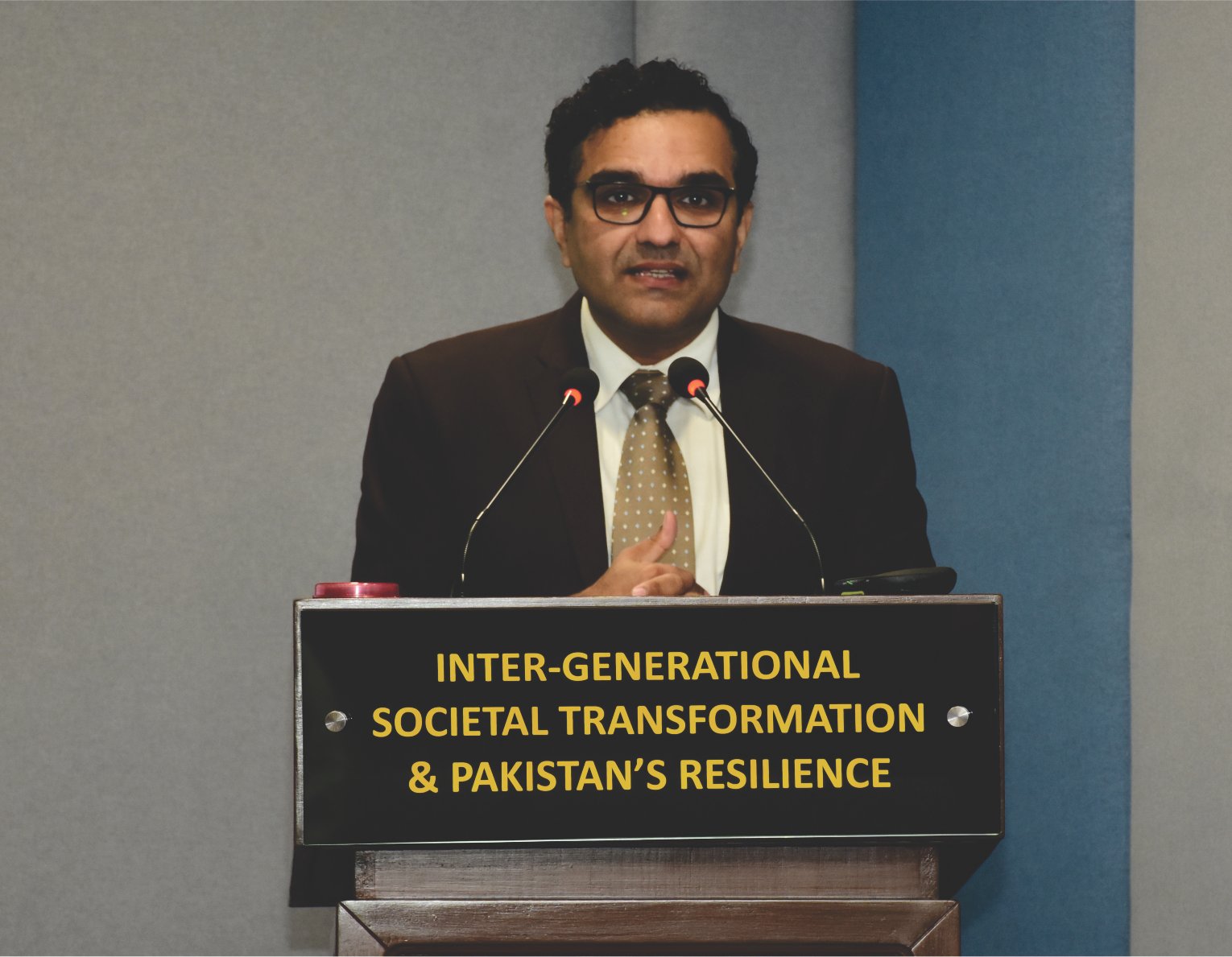
Dr Yaqoob Khan Bangash
Dean of Faculty of Humanities & Social Sciences Information Technology University
CASS Speakers
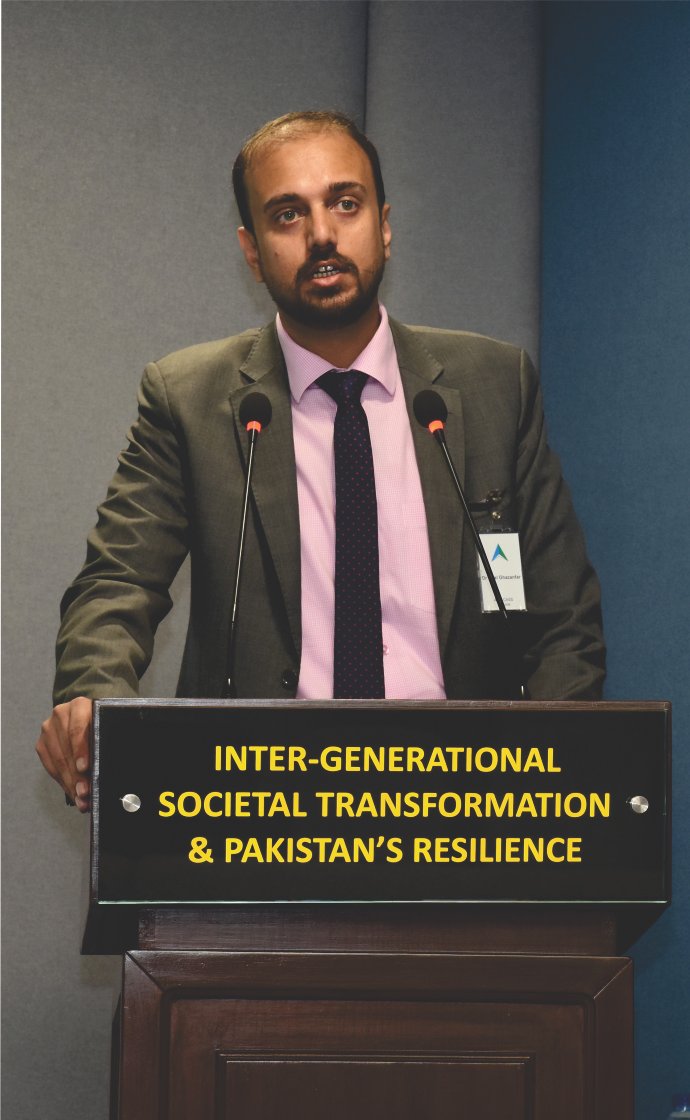
Dr Bilal Ghazanfar
Associate Senior Researcher, CASS Lahore
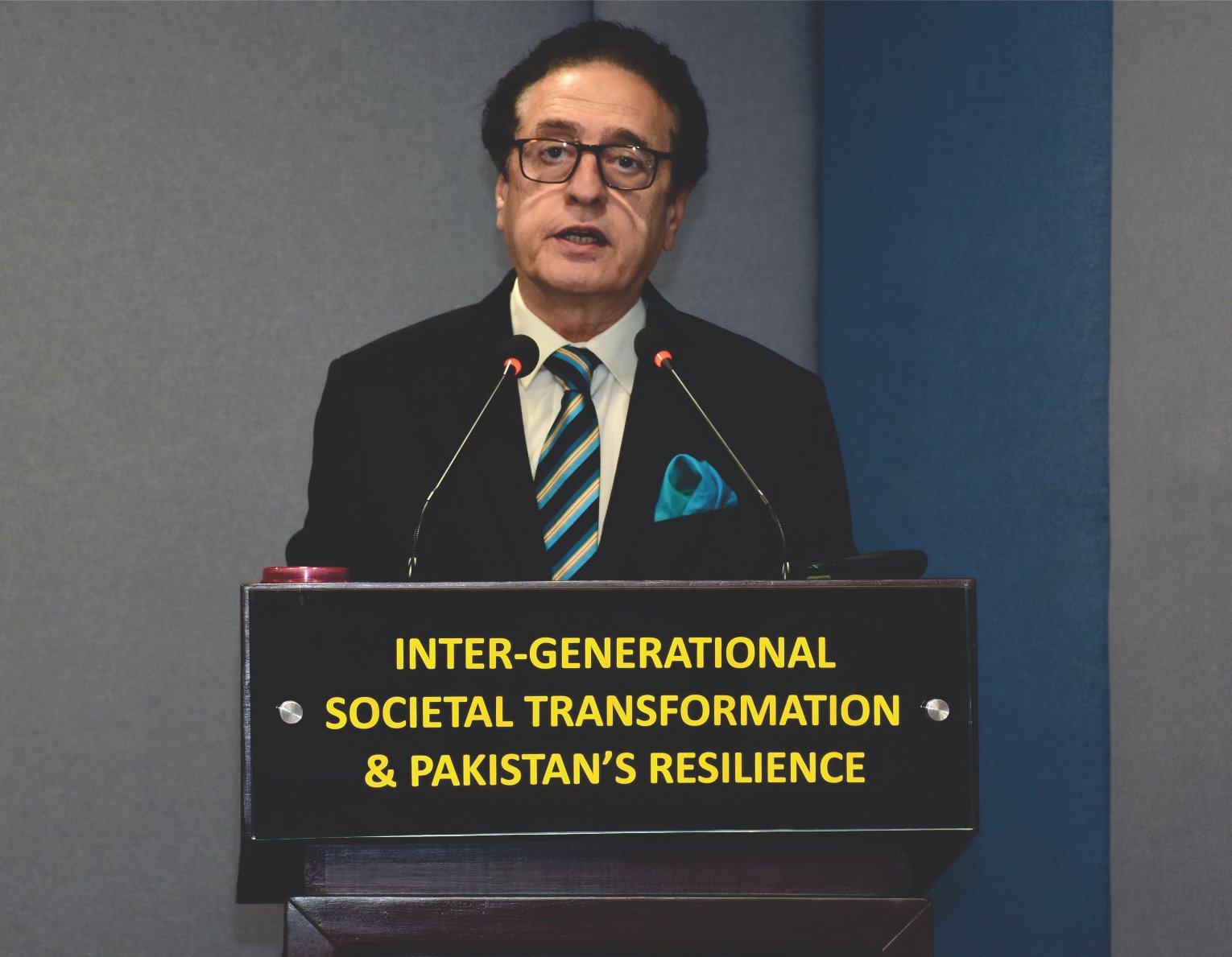
Air Marshal Asim Suleiman (Retd)
President, CASS Lahore
Master of the Ceremony
Researcher
Naba Fatima
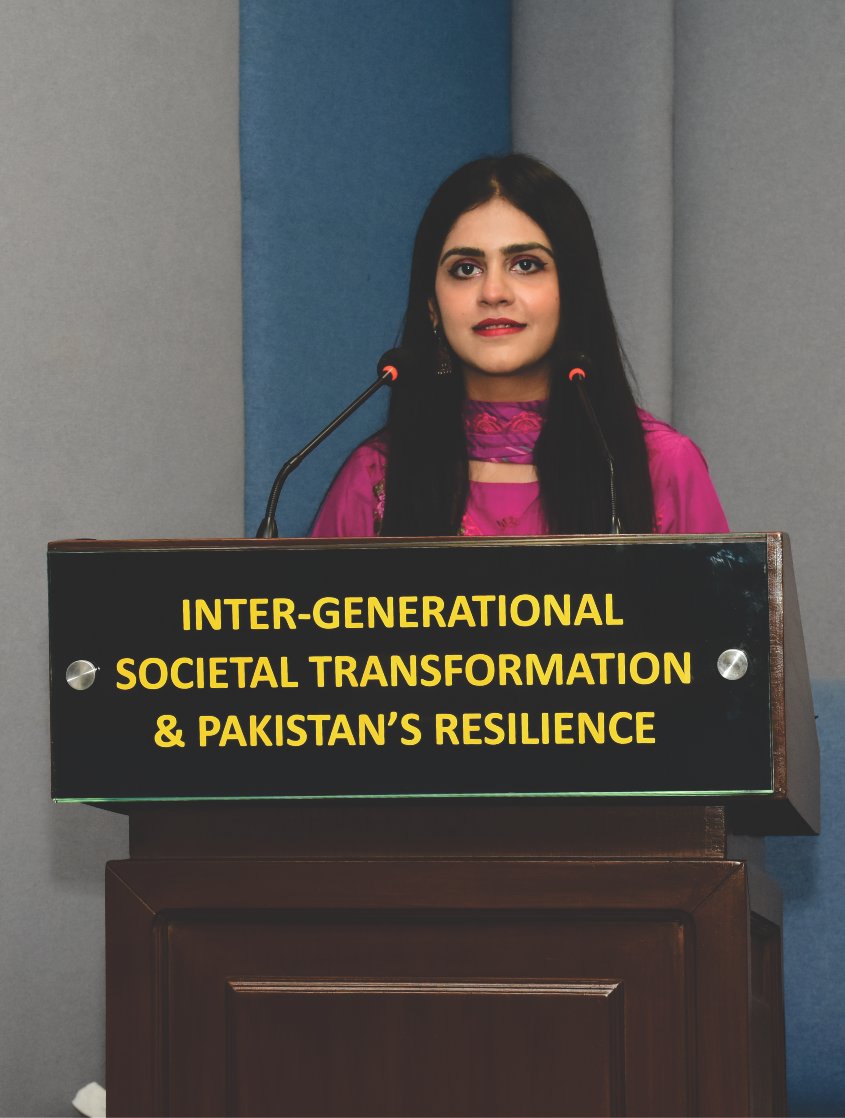
CASS LAhore

The Centre for Aerospace & Security Studies (CASS) was established in July 2021 to inform policymakers and the public about issues related to aerospace and security from an independent, non-partisan and future-centric analytical lens.


